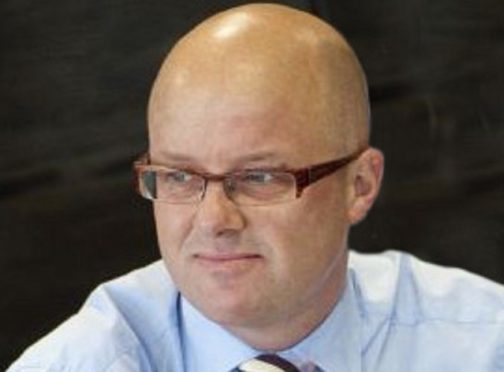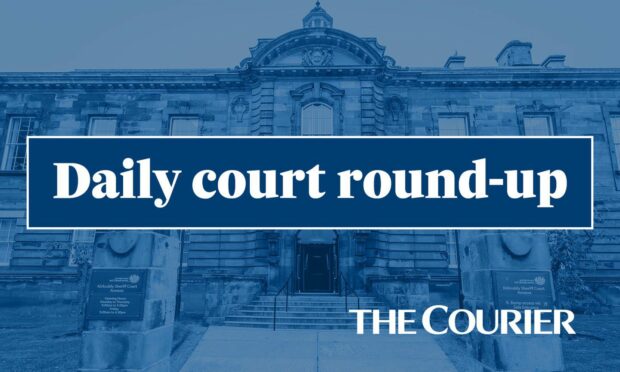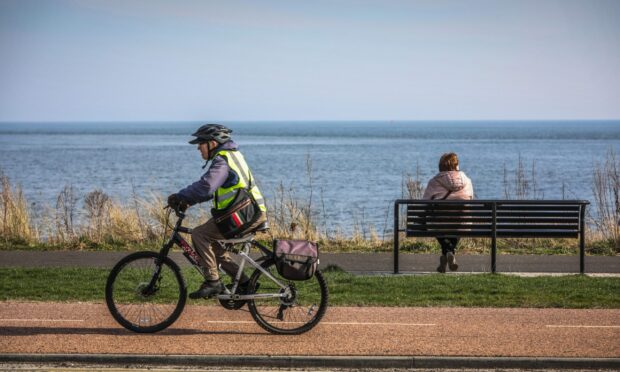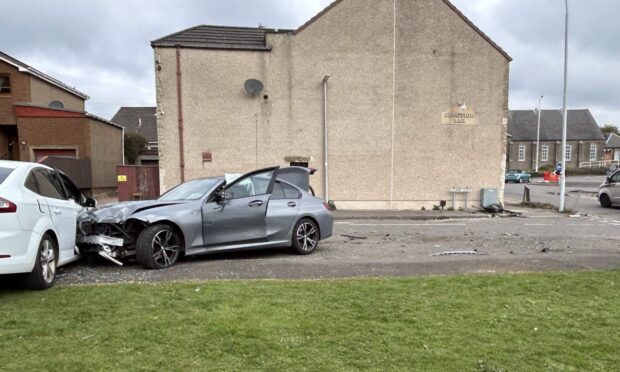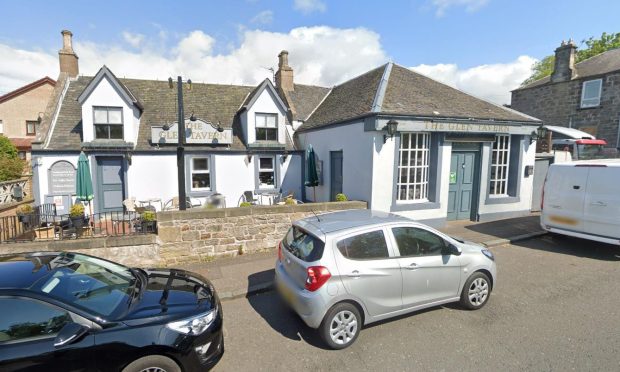Health chiefs have conceded more notice could “ideally” have been given before the removal of overnight out-of-hours services from three Fife hospitals but insist the contingency measures are working well.
Members of Fife’s Integrated Joint Board have heard almost three weeks after the decision was made to stop primary care emergency services between midnight and 8am in Glenrothes, Dunfermline and St Andrews, the number of people presenting overnight at Kirkcaldy’s Victoria Hospital has remained at “usual” levels — around 11 each night.
The news comes as Fife’s health and social care partnership responds to the growing difficulties in ensuring clinical cover in GP out-of-hours services.
While management has acknowledged the views of many that the move was hurried through without public consultation, they have defended their handling of the situation.
Figures presented to the IJB revealed while 150 GPs have PCES (Primary Care Emergency Service) contracts, only 68 provide regular sessions which means that GP cover overnight has to be negotiated and arranged on a day-to-day basis.
Michael Kellet, health and social care partnership director, said the decision had been taken to ensure patient safety because at the beginning of April, 43 out of 84 overnight sessions in a four-week period were permanently vacant.
He said: “Patient safety comes first. The Primary Care Emergency Service has had staffing challenges for some time.
“Before the end of March, through careful planning and strenuous efforts of staff, we managed to sustain the existing service which involved three centres being open for PCES appointments overnight between 12 midnight and 8am.
“One figure is telling. At the end of March, looking into April only four of the 28 overnights were fully staff with GPs.
“The clinical advice was clear that in the face of those challenges seeking to maintain three overnight centres wasn’t sustainable and would compromise patient safety.
“We therefore took action. We discussed with colleagues in NHS Fife and then made the decision that we should put in place the contingency measures from Monday April 9.
“The partnership’s Clinical and Care Governance Committee were informed of the need to move to contingency on April 4 2018 and on hearing of the challenges the service faced, the committee supported the plan.
“Clinical and Care Governance having supported the decision, we then set about communicating the decision to staff, to the board, to local and national elected members and to the public.
“Ideally, of course, it would have been useful to have given more notice to everyone of the new arrangement but we were in an emergency situation and had to act accordingly.”
Board members also heard demand has been “as expected” with the number of people presenting remaining consistent with normal service delivery – around 11 treatment centre appointments and five to eight home visits across Fife, on average.
An arrangement has been made with NHS Tayside to support treatment centre attendance in Dundee for patients living in North East Fife, but to date this has not been needed.
Seonaid McCallum, associate medical director with the partnership, stated: “We have a duty of care to provide safe care for the whole of Fife.
“We also needed to rapidly support our GPs with an experienced multi-disciplinary team including Urgent Care Practitioners and specialist paramedics.
“It would have been unacceptable and clinically unsafe to have adequate cover in some areas of Fife and not others.
“The only clinically safe option was to ensure we entered into a contingency which allowed flexible working with medical staff across fife so that we could respond to clinical need.
“Moving to contingency measures has ensured we can still see patients at a treatment centre but also respond flexibly to see people at home across Fife in a fair and equitable manner.”
